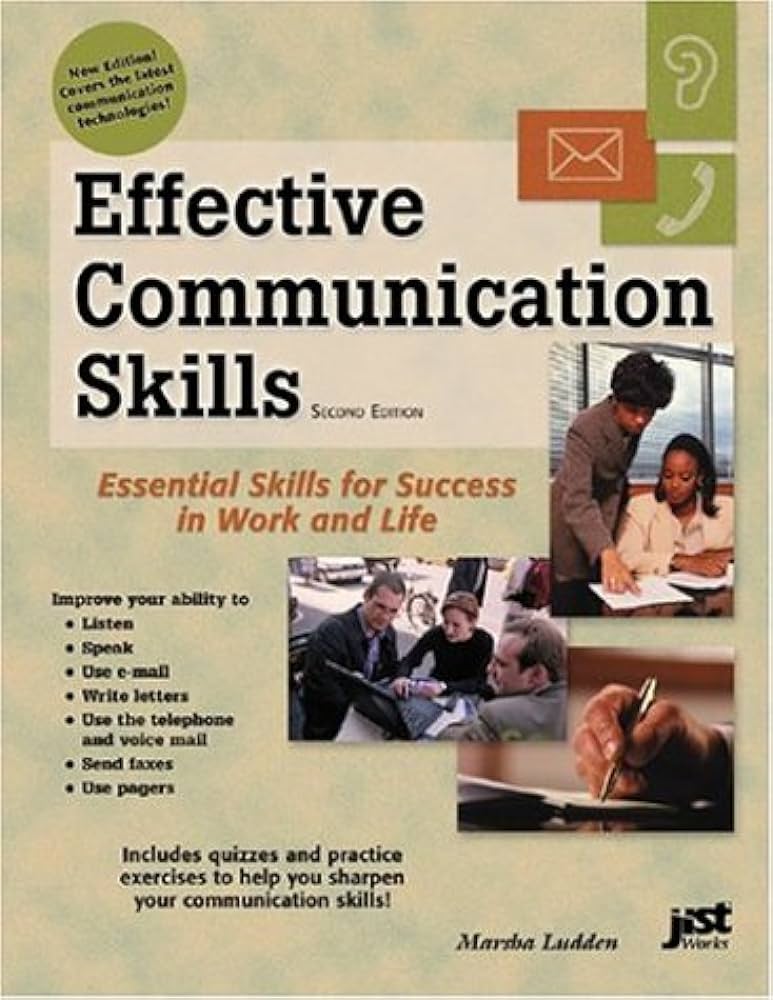Communication is a fundamental aspect of human interaction. From the moment we are born, we begin to communicate with our caregivers through crying and making sounds. As we grow older, our communication skills become more refined and nuanced, allowing us to express our thoughts, needs, and emotions.
Throughout my life, I have come to realize the immense importance of effective communication skills in every aspect of my personal and professional relationships. Whether it is through spoken words, body language, or written messages, effective communication is the key that unlocks understanding, builds relationships, and paves the way to success.
In today’s fast-paced world, where technology has made communication faster and more accessible, it is easy to overlook the art of effective communication. We often find ourselves engaged in superficial conversations, sending quick messages, and multitasking while seemingly engaging with others. However, true communication goes beyond just exchanging words; it requires active listening, empathy, and the ability to convey our thoughts clearly and concisely.
One of the most essential skills for effective communication is active listening. Too often, we are so focused on formulating our response that we fail to truly hear what the other person is saying. Truly listening means giving our undivided attention, maintaining eye contact, and responding appropriately to the speaker’s message. By actively listening, we show respect and create an environment where the other person feels heard and understood.
Empathy is another vital aspect of effective communication. Empathy is the ability to understand and share the feelings of others. When we communicate with empathy, we put ourselves in the other person’s shoes, taking into account their perspective and emotions. This allows us to respond in a compassionate and considerate manner, fostering trust and building stronger connections with others.
Clear and concise communication is also crucial for effectively conveying our thoughts and ideas. Clarity in communication requires us to think before we speak, organize our thoughts, and choose our words carefully. By being concise, we make sure that we get our message across without overwhelming the listener with unnecessary information. This skill is particularly important in professional settings, where time is often limited, and the transmission of accurate information is essential.
Non-verbal communication, such as body language and facial expressions, is another vital component of effective communication. Research suggests that up to 93% of communication is non-verbal. How we present ourselves and the signals we give off through our body language can greatly impact our message’s delivery and reception. Paying attention to our posture, gestures, and facial expressions can help us convey confidence, openness, and sincerity, making our communication more impactful and persuasive.
In addition to these core skills, technology has brought about new avenues for communication, necessitating the development of digital communication skills. With the rise of social media, email, and video conferencing, being able to navigate digital platforms and adapt our communication style has become imperative. Understanding the different norms, etiquette, and nuances of online communication ensures that our messages are received and interpreted correctly.
To develop effective communication skills, a combination of self-awareness, practice, and continuous learning is essential. We must be introspective and reflect on our own communication strengths and weaknesses to identify areas for improvement. Engaging in active listening exercises, seeking feedback from others, and participating in communication workshops or courses can also significantly enhance our skills.
In conclusion, effective communication is a critical ingredient for success in all areas of life. By actively listening, empathizing, communicating with clarity, and being aware of non-verbal cues, we can foster stronger relationships, resolve conflicts more effectively, and achieve our goals. Investing time and effort into developing our communication skills is an investment in ourselves and our ability to connect with others in a meaningful and impactful way. So let us strive to be better communicators and unlock the opportunities that effective communication can bring.
